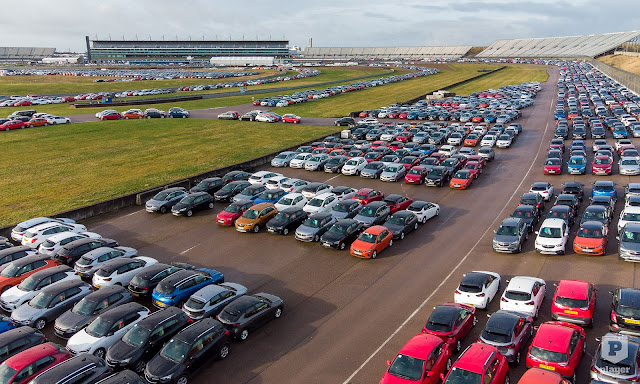The Road to Savings A Friendly Guide to Buying Used Cars
When it comes to buying a car, many people automatically think of purchasing a brand new vehicle. However, buying a used car can be a smart choice for several reasons. In this blog post, we will explore the benefits of buying sell my car Newcastle, as well as provide a comprehensive guide to help you navigate the process of researching, inspecting, negotiating, and finalising the purchase of a used car.
Whether you are a first-time car buyer or simply looking to upgrade your current vehicle, this guide will provide you with the necessary knowledge and tips to make an informed decision.
Benefits of Buying Used Cars
One of the most appealing aspects of buying used cars Newcastle is the cost savings compared to purchasing a new one. Used cars typically have a lower purchase price, allowing you to save a significant amount of money upfront. Additionally, used cars experience less depreciation compared to new cars, which tend to lose their value rapidly in the first few years of ownership. By buying used, you can avoid the steep initial depreciation and potentially sell the car later on for a similar price, minimising your overall financial loss.
Another advantage of buying a used car is the affordability of premium features. Older models often come equipped with high-end features that were considered premium at the time of their release. These features may include leather seats, advanced infotainment systems, or safety features like blind-spot monitoring and lane departure warning. By opting for a used car, you can enjoy these luxury features at a fraction of the cost of buying a new car with similar features.
Researching and Finding the Right Used Car
Before embarking on your used car buying journey, it is important to determine your budget and needs. Take into consideration your financial situation and prioritise your must-haves versus nice-to-haves. Additionally, calculate the additional costs associated with owning a car, such as insurance, maintenance, and fuel expenses. This will give you a clearer understanding of how much you can afford to spend on a used car.
To find the right used car, utilise online resources and classified ads. Reputable websites specialising in pre-owned vehicles can provide you with a wide range of options to choose from. Utilise the search filters to narrow down your search based on your preferences, such as make, model, year, mileage, and price range. Take your time to explore different listings, read the descriptions, and compare prices to ensure you are getting the best deal.
Inspecting and Evaluating Used Cars
Once you have found a used car that matches your criteria, it is crucial to inspect its condition thoroughly. Start with a visual examination, looking for any signs of wear or damage on the exterior, including the body, tires, and paint. Move to the interior, checking the condition of the seating, controls, and electronics. Lastly, take a look under the hood, inspecting the engine and checking the fluid levels. Any major issues or red flags should be addressed before proceeding with the purchase.
In addition to a visual inspection, it is important to test drive the used car to assess its performance. Pay attention to the handling, acceleration, and braking. Listen for any unusual sounds or vibrations that could indicate underlying mechanical problems. A test drive will give you a better feel for the car and help you determine if it is the right fit for you.
Understanding Vehicle History Reports
Before finalising your decision, it is crucial to obtain a vehicle history report. These reports provide important information about the car's past, including accident history, ownership history, and any reported incidents or damages. Online services such as Carfax or AutoCheck offer comprehensive vehicle history reports that can give you peace of mind and help you make an informed decision.
Negotiating Price and Financing Options
When it comes to buying a used car, negotiating the price is a common practice. Research the fair market value for the specific make, model, and year of the car you are interested in to have a better understanding of its worth. Be prepared to negotiate based on any identified issues or necessary repairs that may affect the car's value. Additionally, consider your financing options, such as traditional auto loans or dealership financing. Review the loan terms and interest rates to ensure you are getting the best deal for your financial situation.
Finalising the Purchase
Once you have negotiated the price and secured financing, it is time to finalise the purchase. Ensure that all the necessary paperwork and documentation are in order, including the title transfer and registration process. If applicable, consider obtaining a warranty to protect yourself from any unexpected repairs or issues. Additionally, secure insurance coverage for the used car by comparing quotes from different providers to find the best coverage at an affordable price.
Conclusion
Buying a used car can be a smart choice for several reasons, including cost savings, affordability of premium features, and a wider range of options. By following this friendly guide, you can navigate the process of buying a used car with confidence.
Remember to research and find the right car sell my car Newcastle, inspect and evaluate its condition, understand its history through a vehicle history report, negotiate the price and financing options, and finalise the purchase by ensuring all necessary paperwork and insurance coverage are in order. Happy car hunting!

.webp)

Comments
Post a Comment